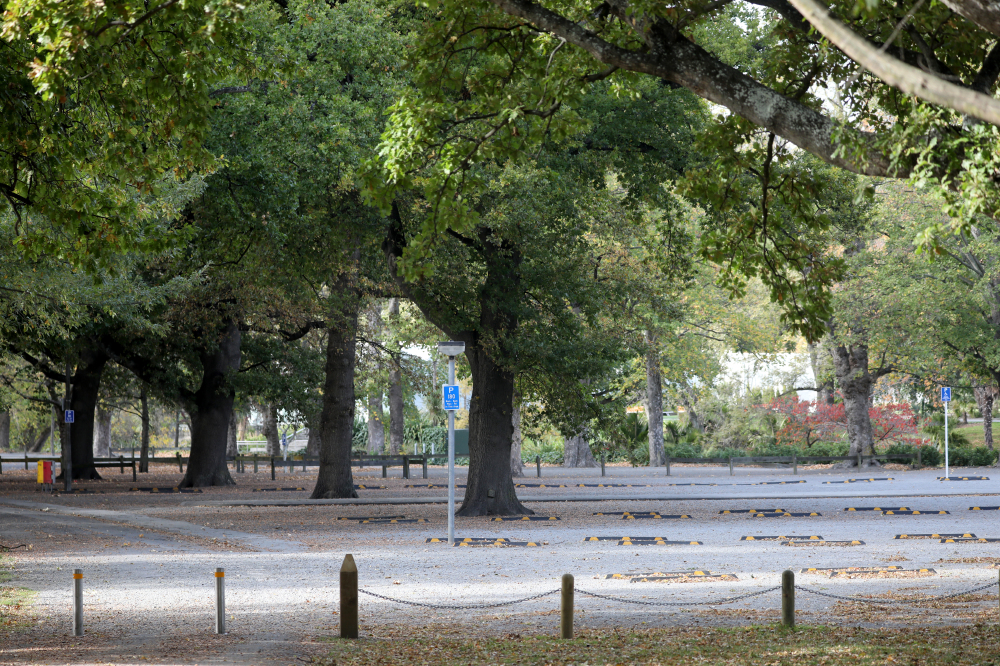Like so many other stages of life, retirement puts you into planning mode. You might be a couple of decades away or it could be just around the corner. Either way, it’s helpful to have a vision for how and where you want to live the best years of your life. Here are some of the angles over-65s are exploring in New Zealand – a mixture of classic retirement concepts and new ideas.

New Zealand's city parks
Classic retirement with sun and sea
For many older Kiwis, retirement means a place in the sun and lots of water-based activities, cycle trails, vineyards, golf courses and community hobby groups. So New Zealand’s sunniest coastal places have always been popular. We’re talking Nelson/Marlborough, Kāpiti Coast, Hawke’s Bay, Bay of Plenty, Coromandel, Rodney (north of Auckland) and the Bay of Islands. A new name to add to this traditional group is the West Coast of the South Island, where property is very affordable and the scenery is huge, even if the sun shines a bit less.
A newcomer to the retirement destination list - Whangarei
Whangārei, Northland’s only city, is seeing a surge of interest from retirees. Some even say it’s the ‘new Tauranga’. Aside from the urban centre, Whangārei extends to Ngunguru-Tutukaka and Whangārei Heads, areas known for their beautiful beaches, fishing and sailing. South of Whangārei there are some other new retirement hot spots – Marsden Cove, Ruakākā and Mangawhai. Allan Sykes, director of Ray White Whangārei, says demand is exceeding supply in the region.
A key benefit for Whangārei is proximity to Auckland. Currently, the road journey is just over two hours. When SH1 enhancement projects between Auckland and Whangārei are completed, the journey time between the two cities will shrink considerably.
The average house price in Whangārei is about $840,000. Modern retirement villas are available on a license to occupy for around $700,000.
Taranaki, the sunniest region of them all
Another region that’s climbing the popularity ranks is Taranaki, which last year took the ‘sunniest place in NZ’ award from NIWA.[1] There’s a lot to love about New Plymouth. It has a wonderful coastal walkway, numerous galleries and museums, incredible public gardens and a lively theatre scene. It’s also close to Egmont National Park.
The average cost of a home in New Plymouth is around $750,000, although a brand new villa for independent living in a retirement village could cost as little as $620,000.
Holiday towns that offer a resort lifestyle
As the Baby Boomer generation slides into its golden years, expectations for retirement are going up. Real estate experts have noticed that a growing number of boomers are thinking about moving to one of New Zealand’s top travel destinations, like Wanaka or Queenstown. For an active retirement with plenty of golf, cycling, hiking and snow sports, these alpine destinations will always have appeal. Their restaurant and bar scene is also attractive for over-65s with a high level of disposable income.
The average cost of a home in Queenstown or Wanaka is hovering at around $1.6m, but homes within retirement villages are generally less expensive.
You can’t beat NZ’s biggest city
For many New Zealanders, especially those who love living somewhere where there’s a lot to do, retiring in Auckland is the answer. Newly-built smaller homes and retirement villages throughout the city are making it easier to downsize affordably.
While Auckland city’s average house price is hovering at around $1m, Auckland retirement villages can offer luxurious accommodation for less on a license-to-occupy basis.
Just beyond the central city, there’s a multitude of destinations for retirement. Hobsonville, Orewa, Milldale and Warkworth are popular northern destinations. To the south and east of Auckland you’ll find locations like Half Moon Bay and Karaka, which offer coastal or country living that’s still handy to urban attractions.
Tony Alexander says retirement is great for local economies
There’s a common misconception that over-65s are tight with their money. However Kiwi economist Tony Alexander says that the business of retiring actually puts money into local economies.
In a recent Stuff story, Tony said that retirees are often making good use of local services to get their retirement homes in order. They’re big home improvement spenders, especially for tasks they can’t do themselves. The arrival of over-65s into an area also provides an incentive for local councils to improve amenities, which benefits everyone.
Tagged in New Zealand

